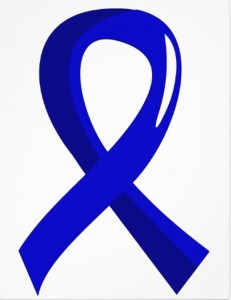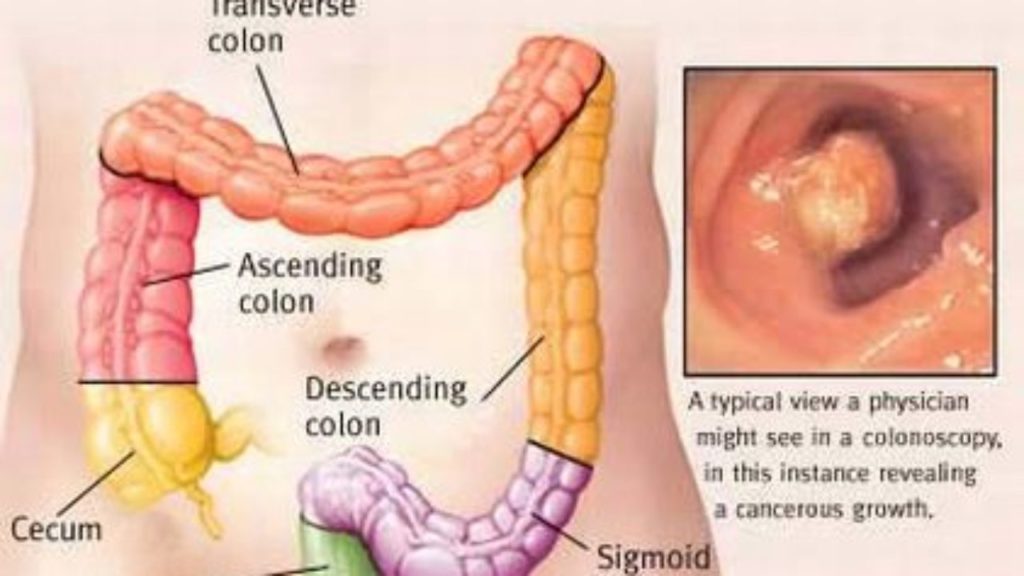Colon cancer, which is medically known as colorectal cancer is caused due to cancerous ulcer growth in the colon. The colon performs important functions in aiding the digestive system by helping the body absorb nutrients, mineral and water. It also helps the body get rid of waste in the form of stool. Besides, it is also a major part of the larger intestine.

Symptoms of Colon Cancer
Colon cancer affects both men and women and 90% of the cases occur among persons over the age of 50 years. Unlike other cancers, there are very few symptoms by which colon cancer can be identified. However, there are certain indications that one’s body presents that one may identify as symptoms of colon cancer. These are –
- Blood in stool – If you frequently observe rectal bleeding which is not a result of hemorrhoids or a tear, get it checked with a doctor. Blood in stool is normally the first indication of colon cancer
- Change in Bowel movements – If you are persistently experiencing diarrhea or constipation, your stools appear long and pencil-shaped or you have a feeling of being unable to completely empty your bowels
- Abdominal pain and bloating – This feeling is a direct result of uncomfortable changes you may experience with your bowel movements. Pelvic pain is also experienced by people who are in later stages of colon cancer
- Change in appetite – loss of appetite and unexplained weight loss are symptoms of colon cancer. If you have lost the desire to eat full meals or don’t enjoy food, then pay attention to your weight changes as well, and make particular note if it is steadily sliding down
- Feeling fatigued – if you are always tired to the point of exhaustion and feeling weak
All of these symptoms may occur in case of other illnesses too, so need not to panic, until the ailment is diagnosed through medical tests.

Prevention is Better than Cure
You need not wait till you experience any of the symptoms to identify if you are at the risk of being afflicted by colon cancer if you take some precautionary measures such as –
- Exercise regularly
- Eat fiber-rich, healthy diet with a lot of fruits and vegetables and reduce your fat and meat intake
- Take extra precautions if you have diabetes or obesity
- Avoid smoking or drinking alcohol
Summary:
If you have a family history of adenomatous polyposis and hereditary nonpolyposis colorectal cancer, or Lynch syndrome, then you are at a greater risk of contracting colon cancer. A simple change of habits and adopting a healthy lifestyle can help beat this ailment.



